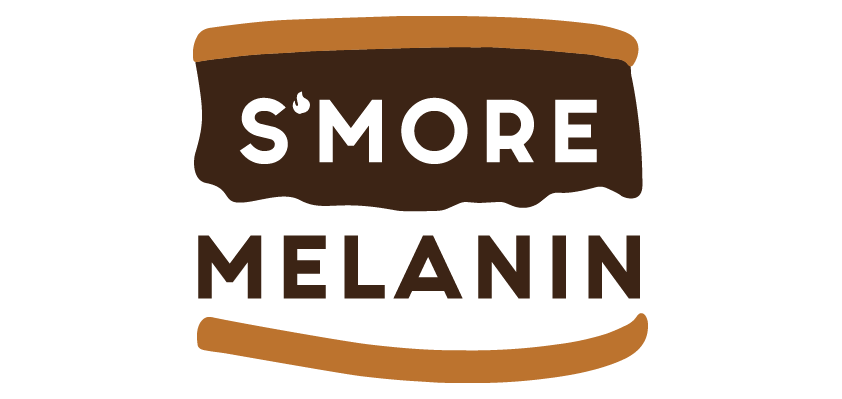By Briana Mitchell, AF Camp Director, and Makela Elvy, an environmental educator and camp enthusiast. Briana and Makela are the creators of S’more Melanin, a digital destination for resources, historical context, and connectivity for BIPOC in the camp world.
We are heading into Summer 2021 armed with all of the unfulfilled plans of 2020 and toting with us social unrest, Covid anxiety, election melee, and everything in between.
This summer, camps will feel overwhelmed- by all the things. I have already heard camp professionals worry about trying to do the (much-needed) work of Diversity, Equity, and Inclusion (DEI) while focusing on their bottom lines – the lost revenue from summer 2020 and ensuring their facilities adhere to CDC protocols. These concerns are all right and all necessary. But revenue and safety should never negate the equally real work that camps need to do to make their spaces more equitable for all campers.
So, below are a few things that must happen to ensure camps are spaces where every child feels like they belong this summer and ongoing:
START HAVING CONVERSATIONS.
Be honest with your people. Talk to your teams about the fact that racial equity needs to be a part of your camp landscape, It’s ok that you may not know where to begin. Shying away from conversations about race and equity doesn’t serve anyone. If you are nervous about how to begin these conversations, go on Amazon and purchase any one of the 60 books trending on this topic right now. Or, watch a video clip of a Ted Talk as a team and see where the discussion leads you.
Avoiding discussions about race does not make the problem go away. Silence enforces the notion that campers cannot discuss their observations and experiences out loud because it is not appropriate. Kids need to see adults having open conversations about race and difference. Accept that it may be messy. People may be offended. But it is in the doing of the work and pushing past the discomfort that we arrive at a new destination. The only way is through. Encourage campers and adults alike to talk about their observations, experiences, and emotions freely.
MAKE A STATEMENT.
There is no reason why Reebok.com has a frank stance displayed prominently in support of Black Lives Matter but a camp does not. Camp is where the most important and critical youth development takes place. How can a camp claim to encourage holistic development of children if they are unwilling to recognize the disparate treatment of Black individuals in this country? How can you teach kindness to a child if you are unwilling to proclaim through a statement that every child is deserving of kindness and the right to safety regardless of the color of their skin? Make a statement.
ENGAGE FAMILIES.
Parents should be clued in to the camp’s stance on racial equity and inclusion. Camps should communicate with prospective and returning families that the camp is shifting their approach to growing and supporting campers of all backgrounds. You may find that parents can support you in this work and are able to reinforce this work with their families. On the converse, you may unearth that some parents are uncomfortable with this and will eventually decide to unenroll their camper. That may hurt your enrollment and ultimately your revenue — but if a parent is not on board, there is a probability that their children are going to be the ones that either consciously or unknowingly rupture the harmony and equity at your camp.
HOLD THE LINE.
Camps need to hold people accountable at all levels. This extends to vendors, service providers, personnel, campers, and families. If any one of these groups expresses any racial insensitivity or engages in any disparate treatment, there is no place for them at your camp if it is to be a place of equity and belonging for all.
Camps did not become bastions of whiteness overnight; and similarly, they won’t become spaces of belonging overnight. There is much work to be done, and it is not easy work. But it is the work that matters. Just start. Then keep going.
Read more from S’more Melanin:

